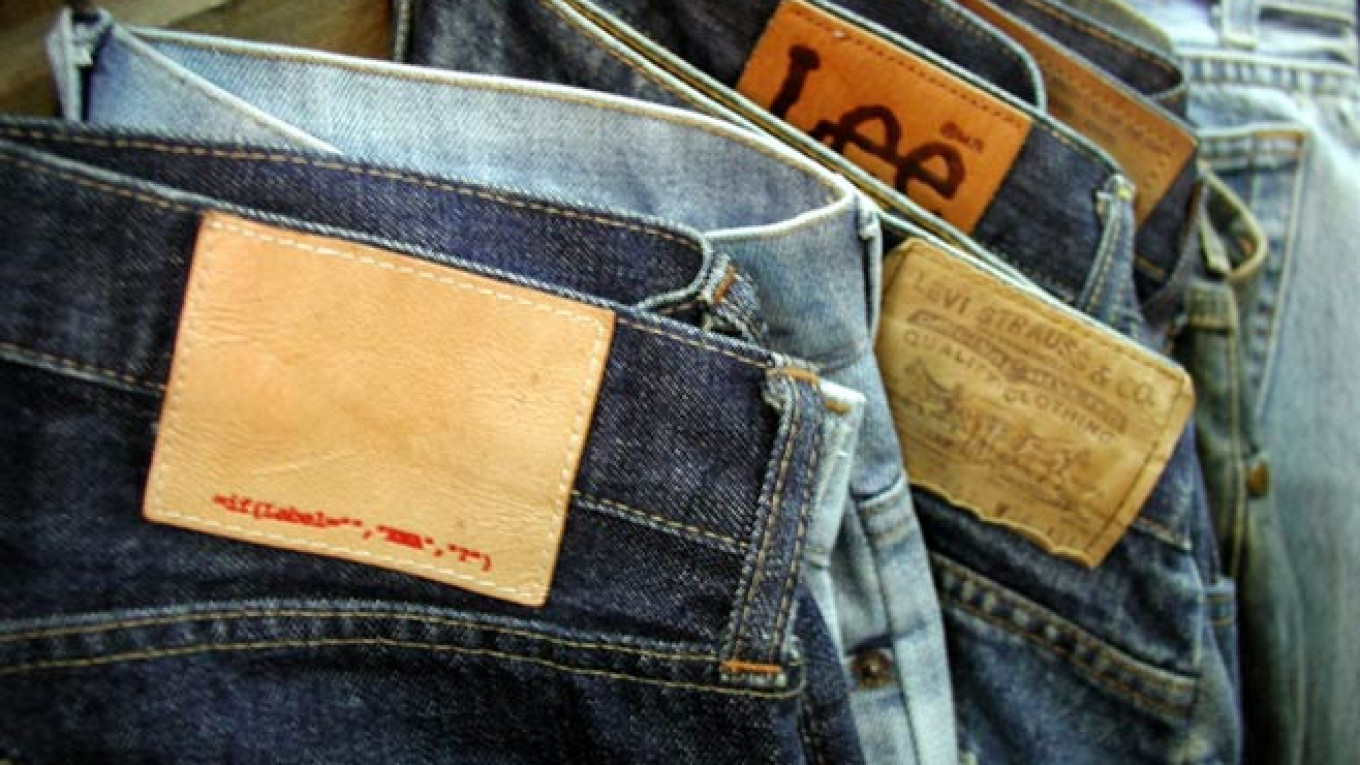As small Internet companies with suspiciously low prices for goods claim an increasing share of the market, Russia's largest retailers are turning to the law in an effort to preserve their business from ostensibly unfair competition.
The Association of Online Vendors, or AKIT, in a resolution proposed blocking all websites that advertise counterfeit goods or those imported and sold without the trademark owner's consent.
"According to our data, there are about 40,000 Internet stores, and about half of them advertise brands and trademarks without the permission of the trademark holder," AKIT's executive director Vitaly Zhigulin told RBC. AKIT includes such major retailers as M.video, Media Markt, Enter, eBay and Ulmart.
Along with thousands of small smartups, AKIT has also accused online marketplaces Yandex.Market and Tovary Mail.ru of advertising illicit goods, Zhigulin said.
Internet giant Yandex said in a statement that it is both technically impossible to check all goods sold on its platform and not ultimately their responsibility.
"Yandex cannot independently determine that there has been in infraction in each specific case, this must be established by a judge or the Federal Tax Service," the company said.
"It is absurd. It is a battle with the Internet," said Maxim Faldin, the co-founder and general director of online marketplace Wikimart.
The majority of AKIT's members began as traditional offline retail companies, Faldin said. They have made arrangements with producers giving them the exclusive rights to sell their products in Russia, so long as the keep their prices at agreed-upon levels.
Small Internet companies, who do not have these agreements, can offer lower prices than their larger competitors. While there is undoubtedly some contraband sold online, the majority of the companies that AKIT is complaining about are likely involved in "parallel imports" and other import violations, Faldin said.
At the same time, the Federal Anti-Monopoly Service, or FAS, has devised a bill which could legalize so-called "parallel import," or importing goods without the express permission of the trademark holder — the very phenomenon that AKIT is protesting, Itar-Tass reported Wednesday.
Under the current system, which the FAS believes leads to trade monopolization, the copyright owner only loses their exclusive rights to a product after they or a distributor with their explicit permission has sold the goods in Russia.
If the law is amended, any company will be able to legally import a product to Russia as soon as it is on sale in some part of the world. The law would go into force for all goods in 2020 and possibly sooner for certain categories.
From the perspective of traditional retailers, the rapidly growing and decentralized world of e-commerce is a legitimate cause for concern. E-commerce as a whole grew 30 percent last year, according to AKIT, while cross-border trade more than doubled and reached 20 percent of the e-commerce market.
While it currently holds only 3 percent of all retail, e-commerce will grow to 12 percent within the next few years, which is bound to have a "disruptive effect" on the retail sector, consultancy PricewaterhouseCoopers, said in a report earlier this year.
Contact the author at [email protected]
A Message from The Moscow Times:
Dear readers,
We are facing unprecedented challenges. Russia's Prosecutor General's Office has designated The Moscow Times as an "undesirable" organization, criminalizing our work and putting our staff at risk of prosecution. This follows our earlier unjust labeling as a "foreign agent."
These actions are direct attempts to silence independent journalism in Russia. The authorities claim our work "discredits the decisions of the Russian leadership." We see things differently: we strive to provide accurate, unbiased reporting on Russia.
We, the journalists of The Moscow Times, refuse to be silenced. But to continue our work, we need your help.
Your support, no matter how small, makes a world of difference. If you can, please support us monthly starting from just $2. It's quick to set up, and every contribution makes a significant impact.
By supporting The Moscow Times, you're defending open, independent journalism in the face of repression. Thank you for standing with us.
Remind me later.






